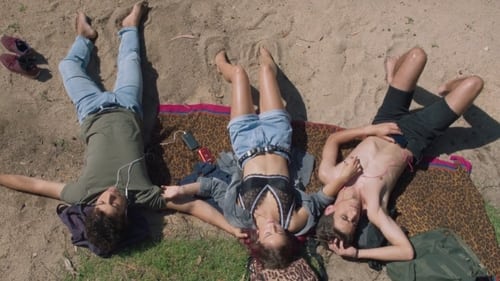
Director of Photography
António is a farmer who leaves his land to go to the city where his son Jorge lives. However, unlike a perfect portrait, the patriarch finds a life of lies, a broken marriage and Pedro, a grandson with dangerous attitudes. It all translates into a life of broken dreams.

Director of Photography
October 2019, Great Yarmouth, Norfolk (UK). Three months before Brexit. Hundreds of Portuguese migrant workers pour into town, seeking work at the local turkey factories. Tânia (The Mother of the Portuguese), a former worker in these poultry plants, is now married to an English hotel owner. She is the perfect facilitator for the Portuguese workers, but dreams of becoming a British citizen and leaving this dirty business behind by transforming her husband’s derelict hotels into refurbished senior citizens homes.
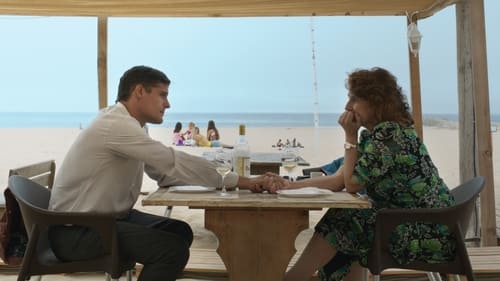
Director of Photography
The character of a novel gains life to torment the author, revisiting and reliving the story of a crime.

Director of Photography
The revolutionary Álvaro Cunhal, symbol of Portuguese communism and political giant of the 20th century. He is nothing less than a larger-than-life figure, now examined by João Botelho’s camera, in a detective-minded film, in which the early years of the life of the historic leader of the Portuguese Communist Party are explored. In between, excerpts from his own books are staged for the spectator.

Director of Photography
Organized like a dream, structured like a musical and with texts, both spoken and sung, that lead us to unexpected, chaotic and exciting situations, which try to grasp part of what the unattainable Alexandre O'Neill left us.
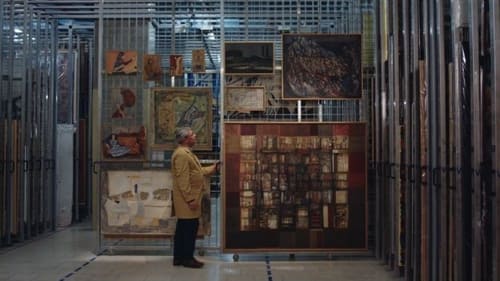
Director of Photography
VIEIRARPAD begun with the correspondence between the couple Maria Helena Vieira da Silva and Arpad Szènes, between 1932-1961. The letters and the intimacy of their words are pretext for the exploration of an equally intimate visual journey
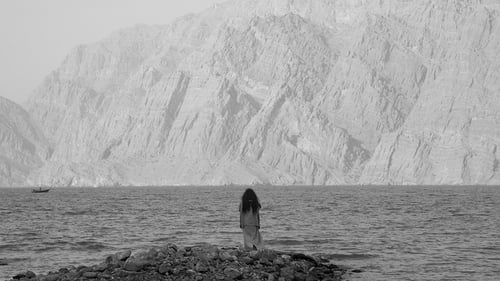
Director of Photography
Hayat, a 12-year-old strong-willed girl, lives in a poor fishing village governed by dark tradition, in which every family must give away a daughter to the sea creatures who inhabit the waters near by. In turn, the sea creatures are hunted by the men of the village. Saved from this ordeal by her father, Hayat is outcasted by her village and considered a curse. But Hayat never surrenders. When Hayat’s mother gives birth to her new-born brother, Hayat must accept the brutal custom by sacrificing herself to these creatures or find a way to escape.

Director of Photography
Fernando Pessoa, one of the greatest writers in Portuguese, created an immense parallel world and several heteronyms so as to endure the loneliness of genius. José Saramago, 1998 Nobel Laureate in Literature, has a heteronym, Ricardo Reis, return to Portugal after a 16-year exile in Brazil. 1936 is a perilous year with Mussolini’s fascism, Hitler’s Nazism, Spain’s Civil War and Salazar’s New State in Portugal. And Fernando Pessoa meets his creation, Reis. Two women, Lídia and Marcenda, are Reis’ carnal and impossible passions. “Life and Death as one” allows for literature and cinema.

Director of Photography
Castuera, Spain, April 1939. During the night two Falangist Guards appear at the door of the house where Paz is taking refuge with her family. They request her presence at the police station. Paz immediately understands the fatality of this visit. With no chance to escape, she asks to breastfeed her newborn daughter one last time.

Director of Photography
Daughter of two worlds, the one that the English parents left behind and the Portuguese land of her upbringing that still calls her a foreigner, Ruby moves between the borders of both, without belonging to either.

Director of Photography
A man, a child, two wars, a river, a tree. A man and a child meet under a tree on a river bank, sharing the same memory and a secret. They find in each other the serenity, the silence and the time they lost in the flowing water of the river.

Director of Photography
I think I'll remember you, everything, but I'm not sure.

Director of Photography
Australian writer Wongar lives a secluded life taking care of his 6 dingoes for which he believes embody the spirits of his tragically lost Aboriginal family.
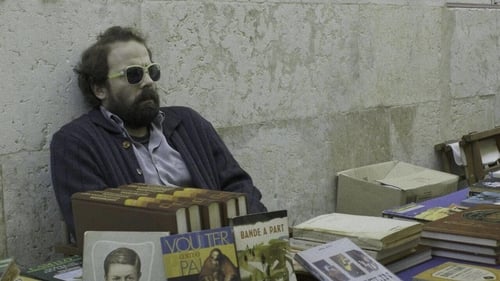
Director of Photography
Ramiro is a bookstore owner in Lisbon and a poet in perpetual creative block. He lives, somewhat frustrated, somewhat conformed, between his shop and the tavern, accompanied by his dog, his faithful drinking companions and his neighbors: a pregnant teenager and her grandmother recovering from a stroke. He would gladly continue living this quiet and somewhat anachronistic routine if events worthy of a soap opera did not invade his bubble.
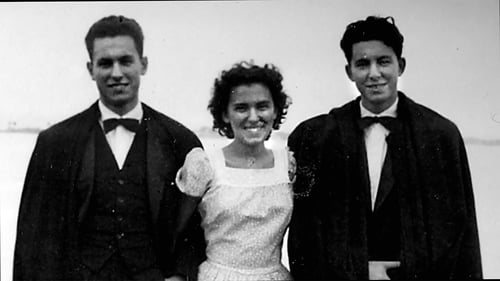
Director of Photography
A few months before WW2 a family is torn apart: Maria goes to Timor, her brothers to Portugal. After Japan invaded Timor and Maria is sent to a prisoner’s camp, her family fears the worst. A documentary about a silenced period in Portuguese history.

Director of Photography
Adventurer, pilgrim, penitent but above all outstanding writer, Fernão Mendes Pinto left us an unparalleled romance, the living and human palpitation of one of the greatest historical adventures of man.

Director of Photography
Marta and Jorge have been a couple for seven years. All their friends think they are living a perfect romance. Too perfect, perhaps, for the despair of all: Bruno, who is much younger than Marta but madly in love with her; Lígia, who is Bruno's sister and Marta's best friend and would love to see her brother happy; Carlos, Jorge's friend, who maintains a superficial romance with Lígia while secretly in love with Marta; and for Jorge himself, who is afraid this idyllic romance will imprison him and, convinced that his love and his lover's desire to marry will take away his freedom, decides to show her the way into Carlos arms.

Director of Photography
Manuel Teixeira Gomes the Portuguese President who left everything behind with only one premise: become who he really wanted to be

Director of Photography

Director of Photography
Cartas da Guerra está basada en un libro del renombrado autor portugués António Lobo Antunes. La novela epistolar, publicada en 2005, reúne las cartas que un joven soldado envió a su mujer desde Angola entre 1971 y 1973, durante la Guerra Colonial. Al igual que el propio Lobo Antunes, el joven soldado es médico y escritor en ciernes.

Director of Photography
“An old photograph taken 36 years ago. His hand rests on my shoulder. A blessing, a gift. Then a history of over four decades of friendship, admiration and apprenticeship. A journey into Oliveira’s cinema, his method, his way of filming and his extraordinary cinematic inventions. He lived for over a century, over a century of cinema, cinema in its entirety. For him, and for me too now, documentary and fiction films go hand in hand; it is all about cinema. So I had the audacity to film a magnificent story that Manoel loved but never filmed, one that he left behind as if his hand and eyes were close to God, or among the gods, and he was steering me.” - João Botelho

Director of Photography
Present, past and future merge in the wagons of a train that crosses Eastern Europe in the XXI century: Poland, Russia, Ukraine. The slogan of the post-war "Never Again" sounds now like a fairy tale. Everything is happening again. Everywhere.

Director of Photography
Una joven estudiante de cine conoce a un antiguo estudiante de la escuela que no puede quitarse de la cabeza un nombre: Catarina Vega. Ambos vivirán una historia enlazada con el pasado, y el futuro. (FILMAFFINITY)

Director of Photography
After her daughter's death, Rita returns to the African country of her childhood to investigate the death of Yvone Kane, a former political activist and guerrilla fighter. There, she becomes embroiled in a journey into the past of a land haunted by war and evil.

Director of Photography
Documentary about Vale do Côa.

Director of Photography
En compañía de su amigo cercano, Joao da Ega, supuestamente un escritor brillante, Carlos, con su existencia ociosa como un médico aristocrática, pasa su tiempo para disfrutar de los amigos y amantes. Hasta que se enamora. Ella es un personaje nuevo en esta novela revolucionaria. Es una pasión vertiginosa que va más allá de oscuridad pasado para llegar a un nuevo y más oscuro abismo, el incesto.

Director of Photography
Jorge is a loner and a writer of popular books. At night, he looks through other people's windows and thinks that they are truly happy.
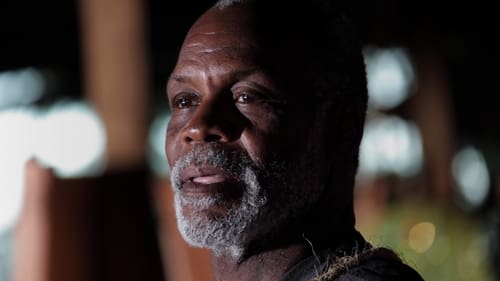
Director of Photography
In a war-torn African country, a small group of young people, led by Mão-de-Ferro, a traumatized and violent war child, arrive in a mysterious city where children, abandoned by adults, have created their own utopian republic.

Director of Photography
Teresa is a soap-opera actress. Meeting again an old passion brings her back apparently lost memories, leading her to question not only her love life but also her career options. In the studio, the daily work is spiced by the frenzy group of younger actors.
After all, they all ask the same question: where does happiness lies?

Director of Photography
A documentary on the Tarrafal prison camp on the island of Santiago.

Director of Photography
Adaptación de "El libro del desasosiego" de Fernando Pessoa. El hilo narrativo se centra en tres días y tres noches y cuenta con un elenco de casi 40 actores en breves apariciones, que dan cuerpo a los pensamientos del protagonista mientras divaga por Lisboa.

Director of Photography
A journey inside the tram crossing the city of Lisbon while listening to fragments of Fernando Pessoa's poetry.

Director of Photography
Adaptation of a 1987 novel by Agustina Bessa Luis, a multi-generation exploration of a wealthy family with a mysterious past and a house on the island of Madeira.

Director of Photography

Director of Photography
Follows the creation of a stage play adaptation of "Moby Dick".
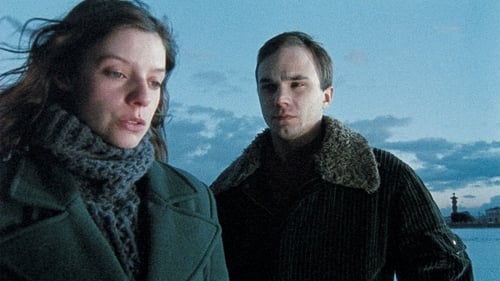
Director of Photography
Sonia, a girl from St Petersburg, decides to seek a better life in western Europe. She first gets a job at a car dealer in Germany. But she is suddenly kidnapped and sold into sexual slavery. She will be dragged from country to country and resistance will only bring her misery and humiliation.

Cinematography
A documentary about Álvaro Siza Vieira in Cape Verde and his project to restore the old town of Ribeira Grande, the first city to be built by the Portuguese in Cape Verde on the island of Santiago in 1462.

Director of Photography
On the night of April 26, 1974, the prison doors of Caxias opened and the political prisoners were released. Two women: Diana Andringa and Maria José Campos relive their detention in Caxias in this film. Even though they did not suffer the torture and other forms of violence that most of their companions were subjected to, both speak with great emotion of isolation and the so-called “normal regime” period in which they shared the space of a cell with other prisoners and learned to live in prison.

Director of Photography
Lisboners (people of Lisbon) celebrates the ancient notion of citizenship, the right to the city in the making, in each migrant’s daily life, living and working. It is set in Lisbon but it happens in London, New York, Paris, Rome… anywhere. The Lisboners are people from Brazil, Guiné-Bissau, Nigeria, China, Pakistan, India and Bangladesh, Ukraine, Moldavia, Russia, and Estonia.

Director of Photography
A poignant personal story. Do we want to know it? Sérgio tries to understand the troubled past of his mother, Fleurette, 79 years old. Notwithstanding her resistance to his questions, little by little, throughout the film she reveals almost another life where love is closely related to politics. From occupied France and Nazi Germany to the Brazilian dictatorship and the Portuguese revolution.bright and powerful speech magnetizes the audience.

Director of Photography
The operational commander of the "Captains Movement", describes and recreates a quarter of century later the crucial 24 hours of April 25, 1974, that would topple the Portuguese government and start a democratic regime in Portugal - since another military coup, May 28, 1926, installed a one-party dictatorship there. The scenes in the claustrophobic operation room are recreated, with him alone and a few voices.

Director of Photography
The Portuguese Revolution (1974-75) seen through the eyes of some of the most important photographers and filmmakers that witnessed the event. Their dreams and expectations and what came out of the revolution. With outstanding historical footage.

Director of Photography
A documentary about a woman from the town of Chandor, Goa. The documentary is a running commentary of her current life in Chandor, as she reminises over her Portuguese-Indian past.

Director of Photography
Lisbon has the second largest community of Hindus in Europe. This film portrays this community, focusing on a family originally from Diu, who then emigrated to Mozambique and then, in 1976, to Lisbon. The film portrays the contrast and conflict between this group of Diu families, low caste with the Lohanas group, the merchants caste. A new temple is being built, however in the courtyard of his house the family Carsane still makes its parties and alternative rituals ....

Director of Photography

Director of Photography
Adaptation of the novel of the same name, by João Ricardo Pedro.





































